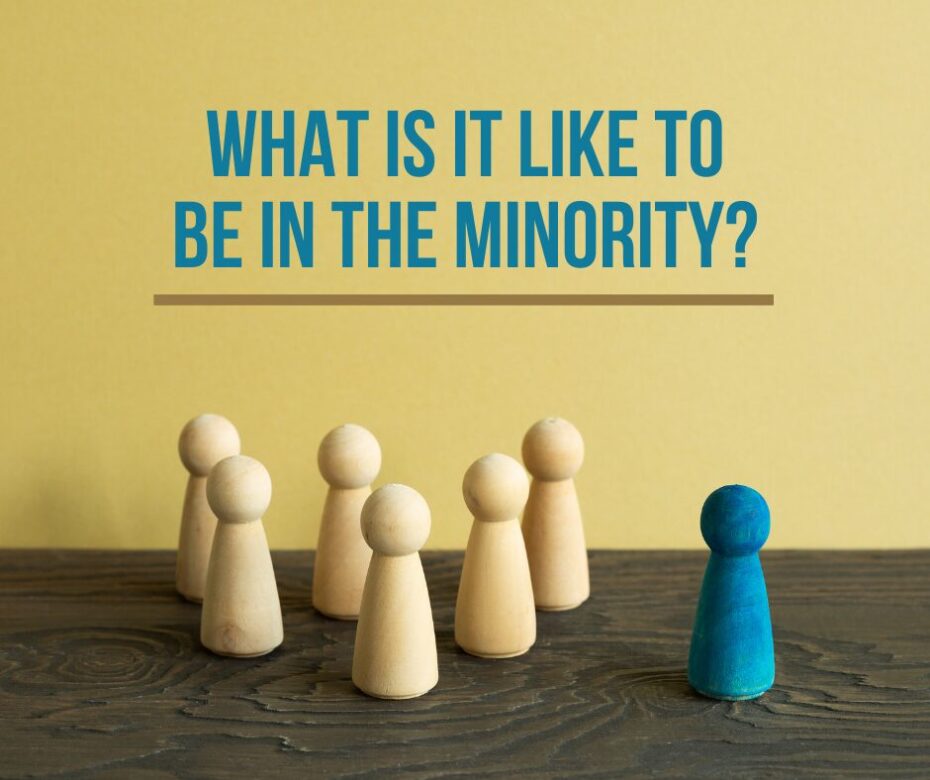A good friend, Bill Fiess, recently pointed out a small detail that makes a big statement in the account of Kadesh Barnea in the Book of Numbers. A short review of what happened there will help us understand the importance of what Bill saw in the text.
The Nation of Israel was encamped at Kadesh, preparing to move into the Promised Land. God had promised to give them the land and defeat the nations that were already in it. The nation sent twelve spies into the land to spy it out. When the spies returned, they told the people what they saw. It was just as the Lord had said it would be–a beautiful land full of resources.
But ten of the spies said that the nations in the land were too strong. Israel would not be able to defeat them. The people of Israel complained to Moses and asked why he had brought them out of Egypt. They wanted to return. They didn’t believe that God would do what He said He would do.
Only two of the spies, Joshua and Caleb, opposed what the people were saying. They reminded the people that God would be faithful to His promises. Moses agreed with Joshua and Caleb and also pleaded with the people. I have heard estimates that there were two million Jews at Kadesh. In this account, there’s a disagreement, but the argument was very lopsided. There were two million people on one side, and three men on the other. (Technically speaking, there were a few more than three. Aaron, for example, was on Moses’ side. But the point I’m making is still clear.)
Moses records that the two million were united in their opposition to God. They listened to the ten spies and “all the congregation lifted up their voices” together to complain (14:1). Moses says that “all the children of Israel” rose up together against him, and that the “whole congregation” said they wished they’d never left Egypt. They accused God of bringing the nation to Kadesh in order to kill them (14:2). After all God had done for them, they said that God was evil. What did they do? They spoke “to one another” and said they were going to replace Moses as their leader. This new leader would take them back to Egypt to be slaves (14:4). With two million people talking to one another, there was a lot of talking going on!
All these phrases indicate that this large group of people acted as a unit. They found support in the views of the others in the group. Their rebellion against God was made possible when they realized that a lot of other people were also afraid. A lot of other people did not believe what God had said. A person who lacked faith would see that he was not alone. He had a lot of company. The words of everyone around him were evidence that he was right in what he thought. Two million people could not possibly be wrong.
But they were. Some of those two million were believers and had eternal life. Others were not believers. What they all had in common was that they were wrong.
We have all experienced this. It feels great to be supported by those around us. It always feels good to be a part of the crowd. We feel emboldened. I am not a psychologist, but I am sure there’s something in our brains that tells us that if everybody agrees with us, then we’re on the right track.
But of course, we know that’s not the case. During Jesus’ ministry, only a very small percentage of the Jews believed in Him. He said that the gate that leads to life is small, and few find it. Many more people enter the wide gate that leads to destruction (Matt 7:13-14). The churches to which Paul wrote were made up of an insignificant number of believers surrounded by a vast sea of unbelievers. The Reformation began with just a few dissidents among a vast number of Catholics.
The same principle is true today. Free Grace beliefs are often rejected because the crowd has to be right. Free Grace has only a few adherents. Those who oppose it often “lift up their voices” in joint opposition. They speak “to one another” and are comforted by the fact that the masses agree with their views. All they have to do is look around, hear the voices, and read the commentaries. They are all unified.
I wonder if Joshua, Caleb, and Moses—even for a split second—wondered if maybe the crowd was right. If you, a Free Gracer, ever wonder the same thing, let me encourage you. The crowd was wrong at Kadesh. So are those who oppose the message of grace. It is always a great idea to side with what God has said—even if only a few are standing with you.


